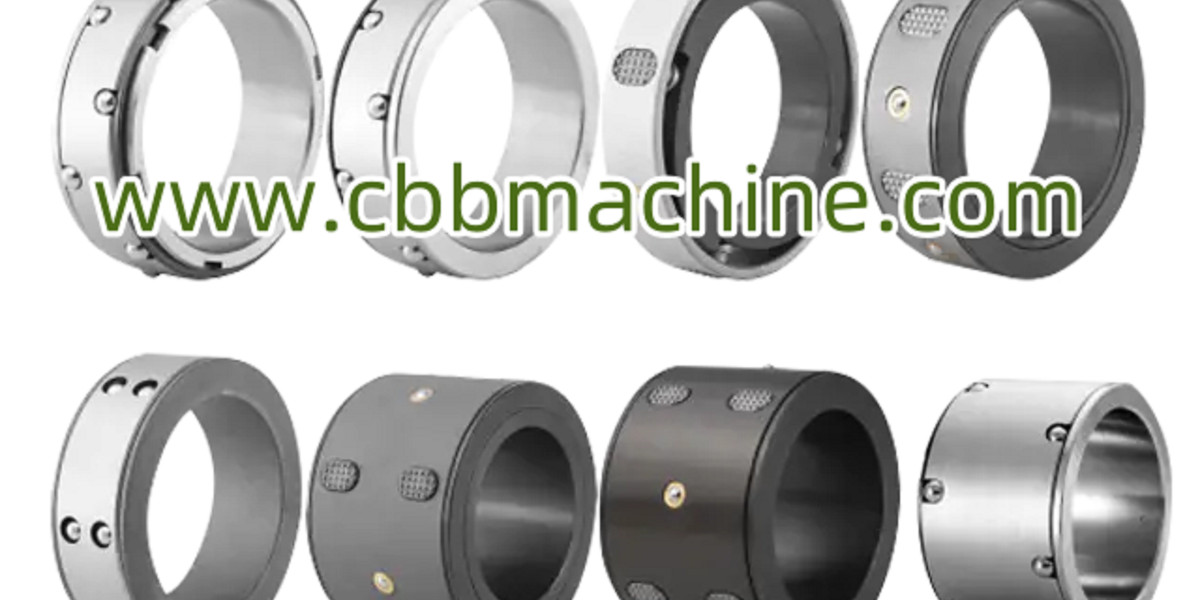Understanding the Value Offered by Differential Shaft Manufacturers in the Web Converting Industry
Differential Shaft manufacturers play an essential role in the evolving landscape of web converting and slitting operations. Their products are integral to the smooth functioning of systems used in industries such as paper, plastic film, adhesive tape, textile, and more. These shafts are designed to solve a unique challenge—managing tension discrepancies between multiple winding rolls on a single shaft without compromising the quality of the final product.
A differential shaft, often referred to as a friction shaft, enables each core mounted on it to rotate at an individual speed. This ensures even tension control across the width of the web material, which is crucial for applications where the material may vary in thickness or elasticity. It also allows for high-speed winding operations, even when slight variations exist across the substrate.
What Makes a Differential Shaft Unique?
Traditional air or mechanical shafts grip and rotate multiple cores simultaneously. However, they assume that all cores will wind evenly, which is rarely the case in real-world production. This is where the differential shaft adds value.
The shaft features a set of friction rings or slipping elements that allow each core to slip and rotate independently. Air pressure or mechanical resistance controls the slip, offering a balance between tension and rotation. This flexibility means that rolls wind uniformly even if there is variation in the material, core alignment, or load distribution.
Benefits of Using a Differential Shaft
1. Enhanced Winding Quality
Differential shafts maintain constant tension across multiple rolls, reducing common issues like telescoping, wrinkling, or loose winding.
2. Reduced Material Waste
By allowing even winding and minimizing defects, differential shafts help lower the amount of discarded material, contributing to cost savings.
3. Increased Machine Efficiency
Faster core loading, quick tension adjustments, and the ability to handle different web widths make differential shafts valuable in high-throughput environments.
4. Versatile Applications
These shafts are compatible with materials such as paper, aluminum foil, plastic film, laminates, and textiles. They are frequently used in slitting machines, rewinding units, and converting lines.
5. Prolonged Machine Life
Better tension distribution puts less stress on machine components, helping reduce maintenance needs and extend equipment lifespan.
Factors to Consider When Choosing a Differential Shaft
Choosing a differential shaft involves more than just size and material. Important factors to consider include:
Core Diameter Compatibility: Ensure that the shaft fits the core sizes used in your application.
Friction Ring Material: Friction components should suit the type of material and the operating temperature.
Air Supply Requirements: For pneumatic shafts, air pressure ratings must match your production system.
Load Capacity: The shaft should support the weight of the material without bending or losing alignment.
Ease of Maintenance: Consider how easily the shaft can be cleaned or have parts replaced.
Working with knowledgeable manufacturers helps in customizing a shaft that matches your specific machinery and production conditions.
Role of Differential Shaft Manufacturers in Industry Development
Manufacturers play an active role not only in producing reliable shafts but also in offering custom solutions that meet evolving industry needs. As automation, precision, and speed become more important, manufacturers are incorporating new materials and designs into their shafts. Features like lightweight construction, quick-lock mechanisms, and digitally monitored tension systems are becoming more widespread.
Furthermore, the shift toward sustainability is pushing manufacturers to focus on energy efficiency and low-maintenance designs. In high-volume industries, even a slight increase in efficiency can have a major impact over time. As a result, differential shaft technology continues to evolve, offering more adaptable and robust options for different web handling scenarios.
Conclusion
Differential shafts are critical to efficient, high-quality winding operations across multiple industries. Whether used in flexible packaging, textile converting, or adhesive tape production, these components improve productivity while minimizing waste. Choosing a manufacturer who understands your operational needs and provides tailored solutions is key to long-term performance and process optimization.
For more information about differential shafts and related equipment, please visit: www.cbbmachine.com








